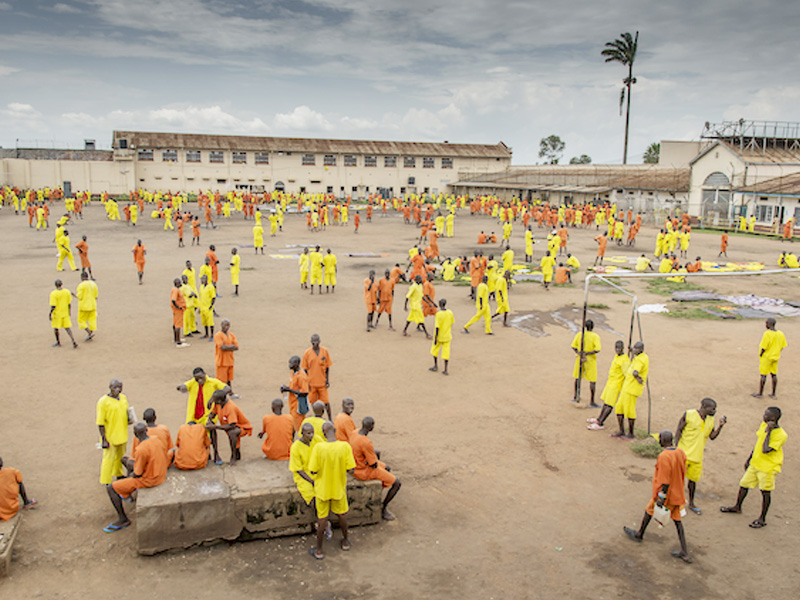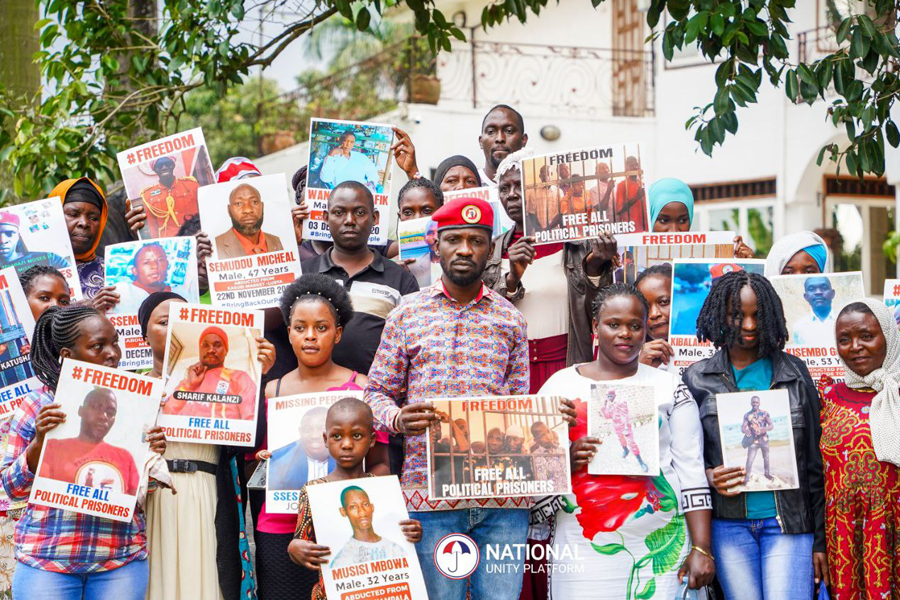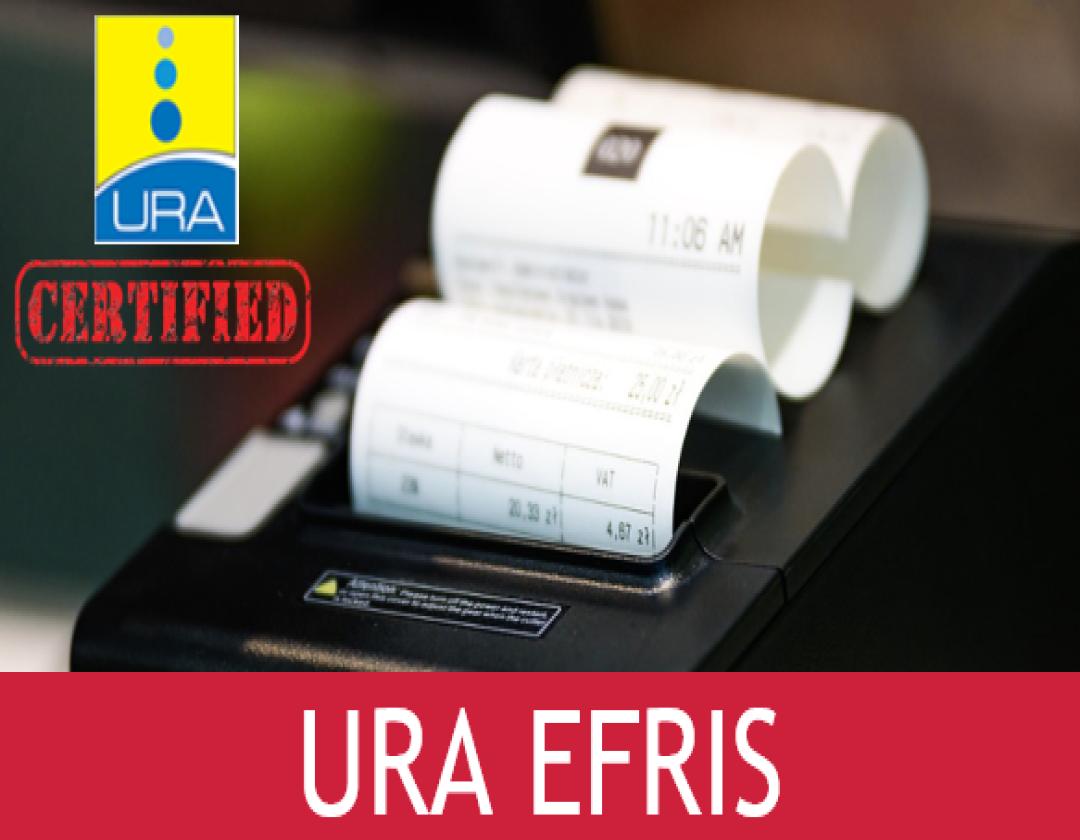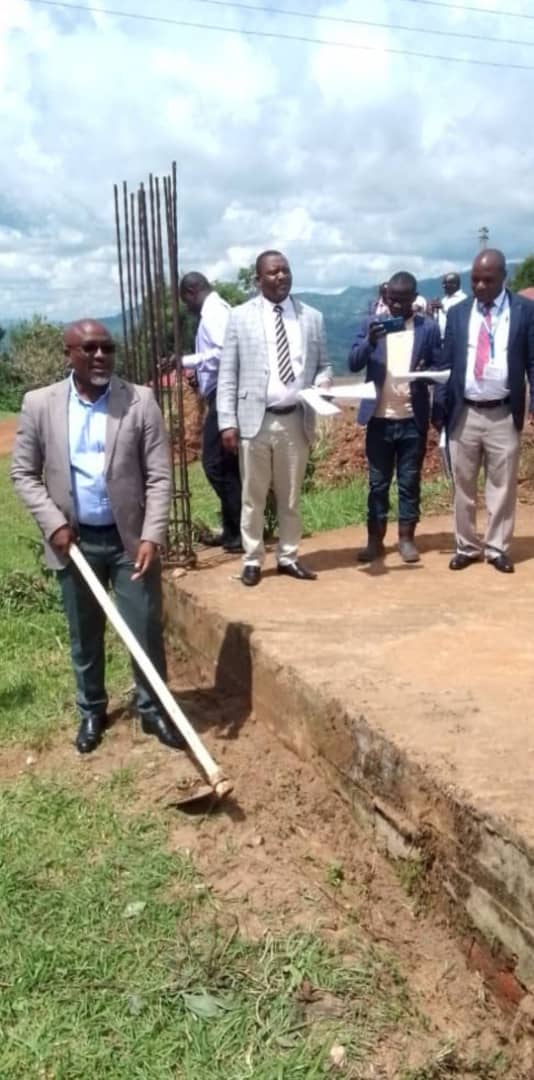Opinion: The assumption that Kabaka can own public land is irregular
The independence Constitution, Article 118, conferred the administration of Public land to Land Boards of Districts, Kingdoms and the Uganda Land Commission.
The Public Lands Act 1962 vested in the Buganda Land Board all crown land in Buganda to be held in freehold, official mailo, and any right, title, estate or interest in land of or to which the Kabaka’s government was seised, possessed or entitled to be held in the same capacity as the Kabaka’s government not in personal capacity.
Article 118(8) stipulated: "The Land Board of a Federal State or of a District shall hold and manage, for the benefit of the people of the State or District, any land vested in it by any law."
Article 108 of the 1967 Constitution established the Land Commission as the body to administer all public land in Uganda.
For clarity, Article 108 (5) specified that land as every official estate held by a corporation sole by virtue of the provisions of the official estate Act and any land which immediately before the commencement of that Constitution was vested in the Land Board of a Kingdom (not King) or a district.
The question therefore is what land was confiscated from the Traditional Rulers under the 1967 Constitution?
The answer is nothing. It all remained government land. Government could not confiscate its own property but merely changed a body responsible for its administration.
Section 4 of the Special Pensions (Former Rules and Constitutional Heads) Act, Act 19/1967 clarified that “For the avoidance of doubts, it is hereby declared that nothing in Section 3 of this Act shall be construed as affecting the property belonging to a former ruler in a personal capacity”.
Individually property was not confiscated from any King.
On the contrary article 126 (1) of the 1967 Constitution preserved the mailo land tenure under which the Traditional Rulers held and still hold their lands.
The Traditional Rulers (Restitution of Assets and Properties) Act, Cap. 247 Act was enacted as if the property in issue belonged to the Kings instead of Kingdoms.
The Short title of the Act refers to “traditional rulers”. The long title is equally problematic as it refers to the alleged confiscated property as “properties previously owned by them or connected with or attached to their offices”.
This simply shows that the Act was construing kingdom property as property owned by traditional rulers. No-wonder a private company was incorporated to administer the property on behalf of an individual and not on behalf of the Kingdom.
Public property was therefore returned to the traditional rulers in their private capacity and not to the entire kingdom per se.
The title, purpose and language used in the 1993 Act failed to distinguish the property which belonged to the Kings from whom properties had never been confiscated from other property interests of the state.
There was no survey done to demarcate the land given to Buganda Land Board Limited from other lands. Did Nalinya’s land become Kabaka’s personal land?
Where did the survey put the end or start of former administration headquarters of Gombololas and Masazas?
What a troubling exercises in ambiguity!
Given that both the interest in land and the survey of the interest of Buganda Land Board Limited has never been done, the certificates in the hands of BLB Limited, were issued in error, must be cancelled, and the property be vested in the Land Commission or District Land Boards.
It should in addition be noted that the crown government and subsequent governments allowed peasants (bibanja holders) to settle on this land and later acquired land titles.
The Crown Lands (Declaration) Ordinance, No.3 of 1922, allowed Africans in Buganda to occupy Crown Land outside a township or trading centre by getting a valid licence or lease.
The Public Lands Act (13/1969) made it lawful for persons to enter upon, hold and occupy any un alienated public land in a rural area in Buganda. The Land Reform Decree, 1975, allowed the system of occupying public land under customary tenure to continue.
The 1995 Constitution recognised customary tenure on public land and allowed Ugandan citizens holding land under customary tenure on former public land to become customary owners thereof.
The Constitution further provided for acquisition of Certificates of customary ownership and further to convert customary tenure into freehold and acquire freehold titles. Many Ugandans have obtained either leases or freehold titles.
That Traditional Rulers (Restitution of Assets and Properties) Act, Cap. 247 having been enacted before the coming into force of the 1995 Constitution, must be construed with such modifications, adaptations, qualifications and exceptions which are necessary to bring it into conformity with the constitution.
The Constitution cannot be construed to have given public assets to institutions by whatever name called which never owned them in the first place, from whom they have never been confiscated and by whom no official public accountability is exacted by the constitution.
The author is state minister for Lands
Smayanja@kaa.co.ug www.kaa.co.ug













